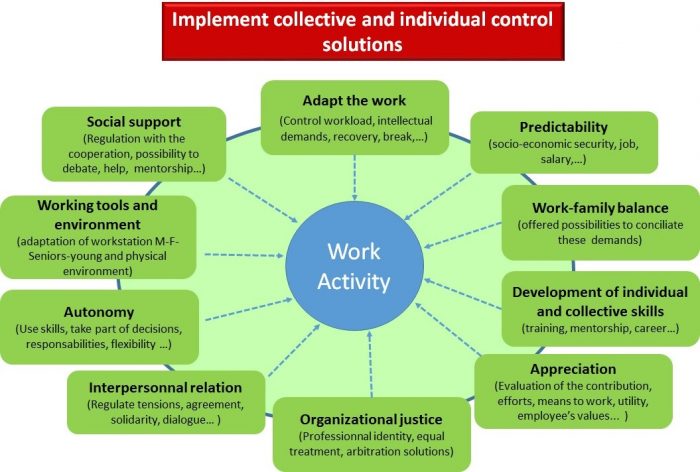The Eurocadres blog
Stress at work – a cost to reduce
The European Agency for Safety and Health at Work (EU-OSHA) published in 2013 a synthesis of studies on the costs of psychosocial health risks. The results illustrate the need for action: the costs of stress caused by work are exorbitant in relation to the benefits that prevention policies can bring.
In Europe, the cost of depression due to work is estimated at 617 billion euros per year.
Whatever the criteria used in this study, in the end, this compilation reveals the importance of psychosocial risks in the economic balance of European countries and companies.
Stress is certainly the most common psychosocial risk among executives.
Because of its impact on the business, stress is costly to the company. Several studies show that it is "profitable" for companies to invest in the prevention of psychosocial risks: the costs of collective preventive measures are paid off quickly (in almost one year)
Talking about risks means having a proactive approach. Thus, prevention focuses on the factors, not on the effects. For professionals and managers, we have seen the development of many burnout cases in the last years. Burnout results from exposure to several psychosocial risks’ factors, creating an imbalance for the individual.
Nowadays in many European countries the recognition of burn-out as an occupational disease is not simple. The cost to businesses to repair psychosocial disorders is a powerful factor for implementing effective prevention methods, as for all other occupational diseases and accidents at work.
Union action must impose another vision of community work, a future perspective oriented towards the "well-being" and not a struggle against the feeling of unease at work.
Prevention, elimination and reduction of stress factors as well as developing regulatory policies is the focus of the battle against occupational stress.
This is a field of work that depends on the involvement of the employees. Employees and management are the key players in the development and implementation of measures in prevention policies. However, to establish appropriate regulation solutions, companies must be able to assess the actions taken and to provide the means to make them efficient.
Union action must impose another vision of community work, a future perspective oriented towards the "well-being" and not a struggle against the feeling of unease at work.
It must be a trade union contribution in a process of social transformation.


The author
Nayla Glaise
UGICT-CGT (France)
